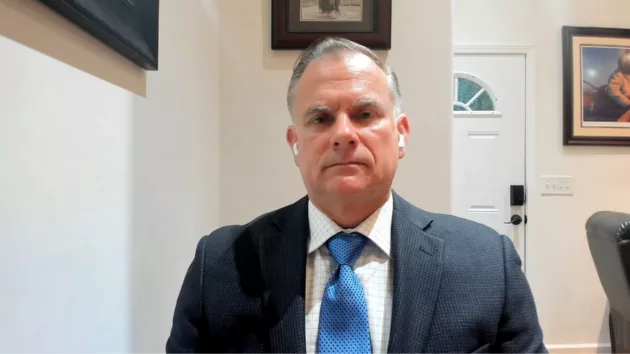
(WASHINGTON) — A decade of planning and complex deception tactics made last weekend’s historic B-2 bomber strike on Iran possible, according to retired Gen. Robert Spalding, who said he helped develop the original mission plans.
The operation, named “Operation Midnight Hammer,” marked the U.S. military’s largest-ever deployment of B-2 stealth bombers and first use of 30,000 pound bunker-buster bombs in combat, Pentagon officials said. The 30-hour precision strike targeted three Iranian nuclear facilities, making it the longest B-2 mission since 2001, according to officials.
“Everything worked perfectly,” Spalding, a former B-2 pilot and senior director at the National Security Council, told ABC News.
Spalding, who said he helped develop the mission plan years ago, told ABC News the operation required more than a decade of preparation, including extensive work on weapons systems and planning.
The mission’s success relied heavily on keeping Iran in the dark about the incoming attack. The U.S. military used decoy bombers sent to Guam to throw off potential tracking. Spalding said that hiding such an operation has become more challenging in today’s connected world.
“With smartphones and flight tracking nowadays, we have to account for all kinds of data that could tip off the enemy,” Spalding said.
The B-2’s unique flying wing design makes it ideal for this mission. Its lack of a conventional fuselage and tail allows for a low radar cross-section, making the aircraft difficult for radar to detect.
“The B-2 has two bomb bays that can carry very large weapons, and these bunker-buster bombs were specifically made to fit them,” Spalding said.
He added that while Israeli forces had already weakened Iran’s air defenses, the B-2’s stealth capabilities were crucial to the mission’s success.
The extended flight time presented its own challenges. Pilots had to conduct six to seven midair refuelings, each taking about 30 minutes.
“There’s a strict schedule of sleep and diet before and during the flight to keep pilots alert during critical moments,” Spalding said.
The strikes were aimed at preventing Iran from developing nuclear weapons, U.S. officials said. President Donald Trump called the operation “very successful” in a Truth Social post on Saturday evening.
Copyright © 2025, ABC Audio. All rights reserved.